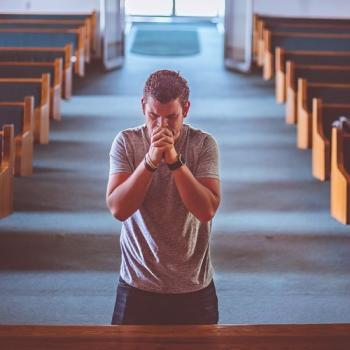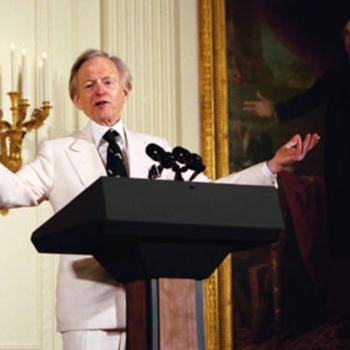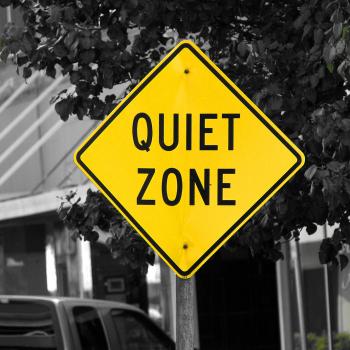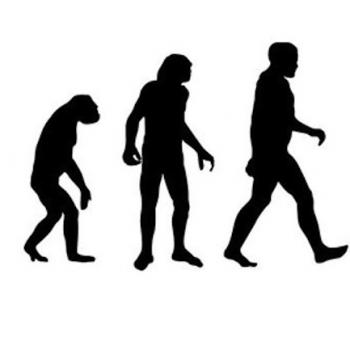What does neuroscience have to do with faith? Can it aid our self-understanding as religious people? Or will the new Scientific Revolution destroy the illusion of religion? Philosopher, neuroscientist, and skeptic Sam Harris certainly thinks so. In his book Waking Up: A Guide to Spirituality Without Religion, Harris writes: The feeling that we call “I” is an illusion. There is no discrete self or ego living like a Minotaur in the labyrinth of the brain. And the feeling that there is —... Read more














